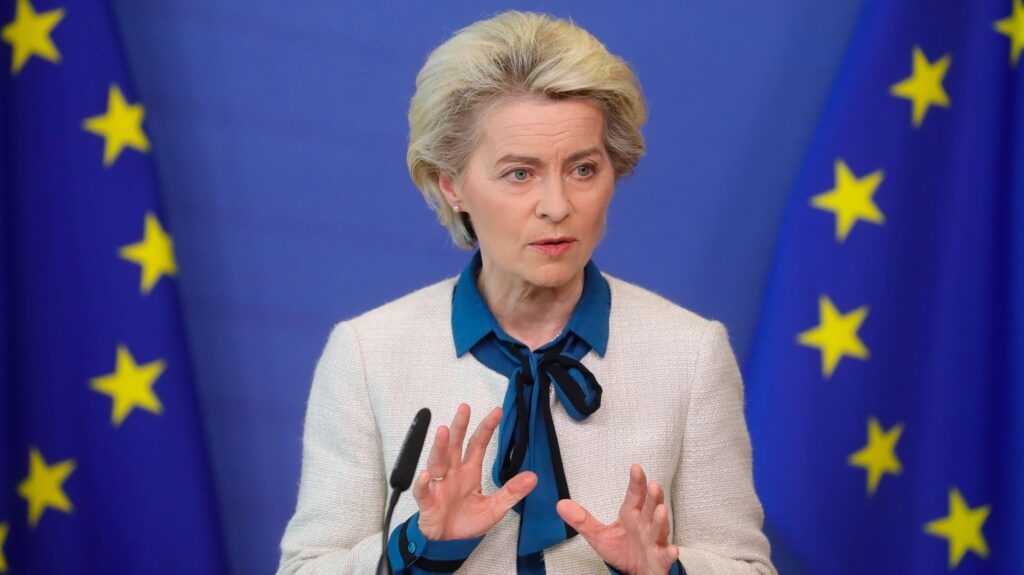Indonesia has become the largest transshipment hub for Russian oil products in Southeast Asia

In 2025, the Karimun terminal in Indonesia became a key transshipment point for Russian oil and oil products for further re-export to Malaysia, Singapore and China.
According to Kpler data, the Karimun terminal, located on an Indonesian island about 37 km from Singapore, has received more than 500,000 tonnes of fuel oil (3.2 million barrels) from the port of Ust-Luga this year, which is almost five times more than in the same period in 2024. In addition, about 217,000 tonnes (1.6 million barrels) of Russian diesel were loaded here for the first time this year, as well as 50,000 tonnes (450,000 barrels) of naphtha.
If at the beginning of 2024, Russian companies practically did not use this port, and the share of Russian cargo in the total transshipment volume did not exceed 0.26%, then since October last year it began to increase sharply. As a result, by the fourth quarter of 2024, Russia's share in the transshipment of oil and fuel through the Karimun terminal increased by more than 60%.
In April, the share of oil products and oil from Russia in the total transshipment volume of this Indonesian terminal reached 100%. At the same time, Kpler notes, in March alone, at least three ships that fell under sanctions were unloaded at this terminal.
It was at the beginning of the second quarter that the Karimun terminal was bought from the German company Oiltanking by a certain firm Novus Middle East DMCC, registered in Dubai, writes Reuters.
The terminal's operation is not closely monitored by Indonesian authorities. Indonesia's Energy Ministry said the terminal is in a free trade zone outside its jurisdiction. The Economy Ministry did not respond to questions from Reuters.
Oil and fuel are sold at the terminal through little-known trading firms that often change names before they reach their final destinations, several sources said, with the products often mixed before being re-exported.
Tan Albayrak, an international trade lawyer specializing in economic sanctions and export controls at Reed Smith LLP, explained that while a warehouse could be sanctioned if it accepts cargo from a sanctioned vessel, mixing or processing the products themselves would create a new country of origin.
"If the resulting oil product was actually processed into another oil product, it would be considered Indonesian and Russia's sanctions would no longer apply to it. There would be no risk to players downstream, such as traders or buyers," the expert said.
energypolicy





